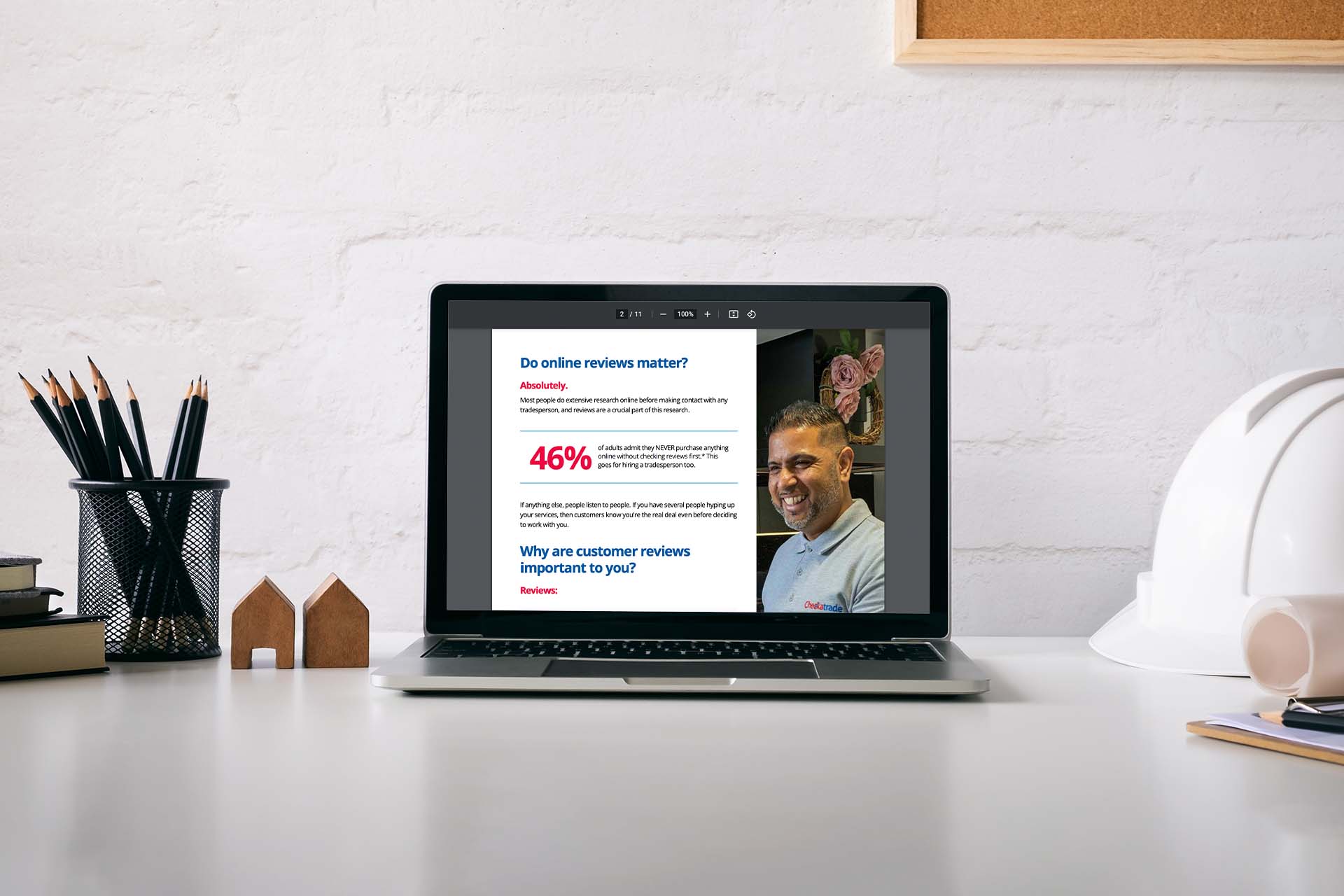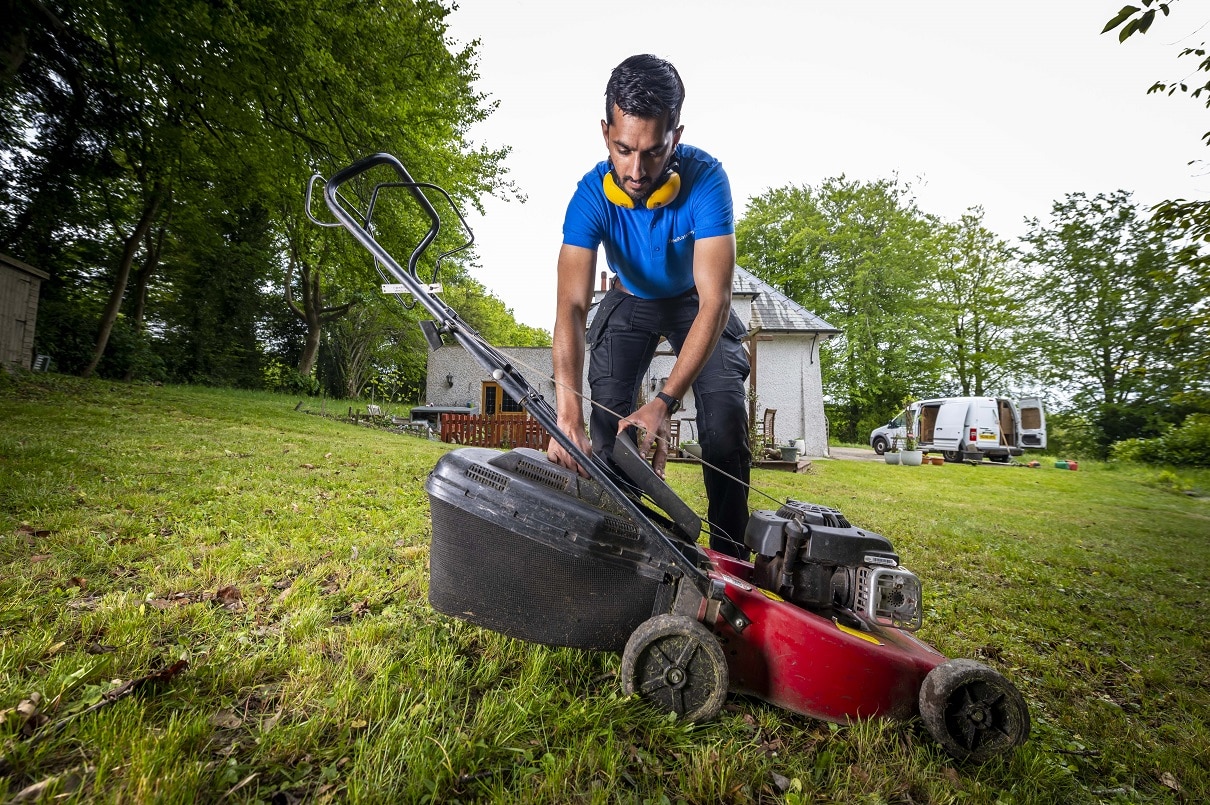Blog>Trade>Starting a Business>How to become a fence installer
Last updated: 18 December 2024
How to become a fence installer
If you’re thinking about a career in fencing, we’ve put together this guide to talk you through how to become a fence installer in the UK. So, keep reading if you’re looking for tips and advice on getting your career started.
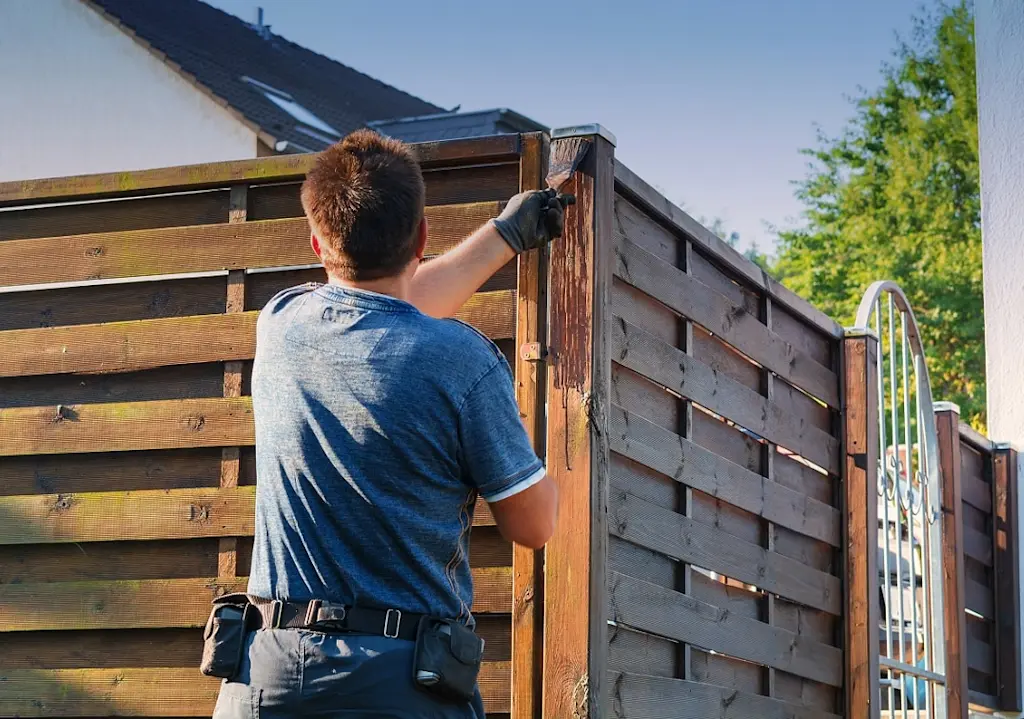
Whatever your background or experience, we’re going to look at the process of how to become a fence installer.
We’ll cover various training options and skills you need for the job, as well as how to become a fencing contractor. So, let’s get started…
What does a fence installer do?
First off, it’s useful to understand what the job involves. To give you a rough idea, here are some of the most common jobs that homeowners typically hire fence installers for…
Fence installation
Fence repair and maintenance
Custom fence design
Gate installation and repair
Fence painting and staining
Fence removal and disposal
Security fencing installation
Boundary marking and surveying
Trellis and decorative fencing installation
You’ll find that every day and every job will be different. And as you gain experience you might want to specialise in certain jobs that you enjoy doing.
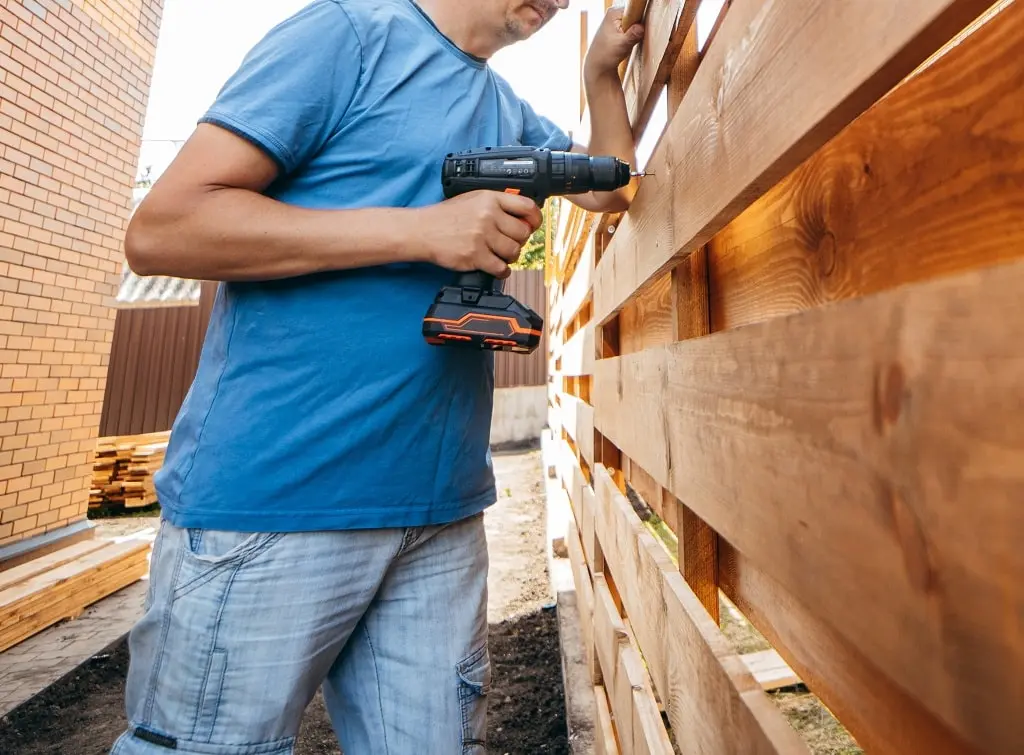
Skills needed to become a fence installer
If you’re serious about learning how to become a fence installer, it’s important to understand the key skills that you're going to need.
Here are some of the practical and personal skills that will help you with your fencing career:
Practical skills
Being proficient in using hand and power tools
Ability to read and interpret technical drawings/plans
Basic carpentry and construction knowledge
Familiarity with different fencing materials
Strong understanding of safety regulations
Measuring and cutting materials accurately
Understanding and interpreting plans or client requirements
Physical strength and stamina
Get your fencing career off the ground
Find jobs in your local area as a vetted Checkatrade member
Personal skills
Attention to detail – Building fencing requires an eye for detail to ensure that all of your finished work is of a high standard
Communication skills – Strong communication skills will help you understand your customers’ needs, explain the solution, and build a good relationship with them
Admin and organisation – Keeping on top of the admin and organisation of your work is an important part of being an efficient tradesperson
Modern technology – You’ll need to embrace modern technology if you want to find, manage and communicate with your clients
Problem-solving – Having a proactive, solution-focused attitude will help you be successful in your trade career
Health and safety standards – You should be aware of relevant health and safety procedures to keep you and your customers safe at all times
Flexibility and adaptability – Every day will be different as a fence installer, so you’ll need to be ready to roll with each job and be prepared to handle unexpected situations
By combining these practical and personal skills, you’ll be in a strong position to offer high-quality fence installation services to your customers.
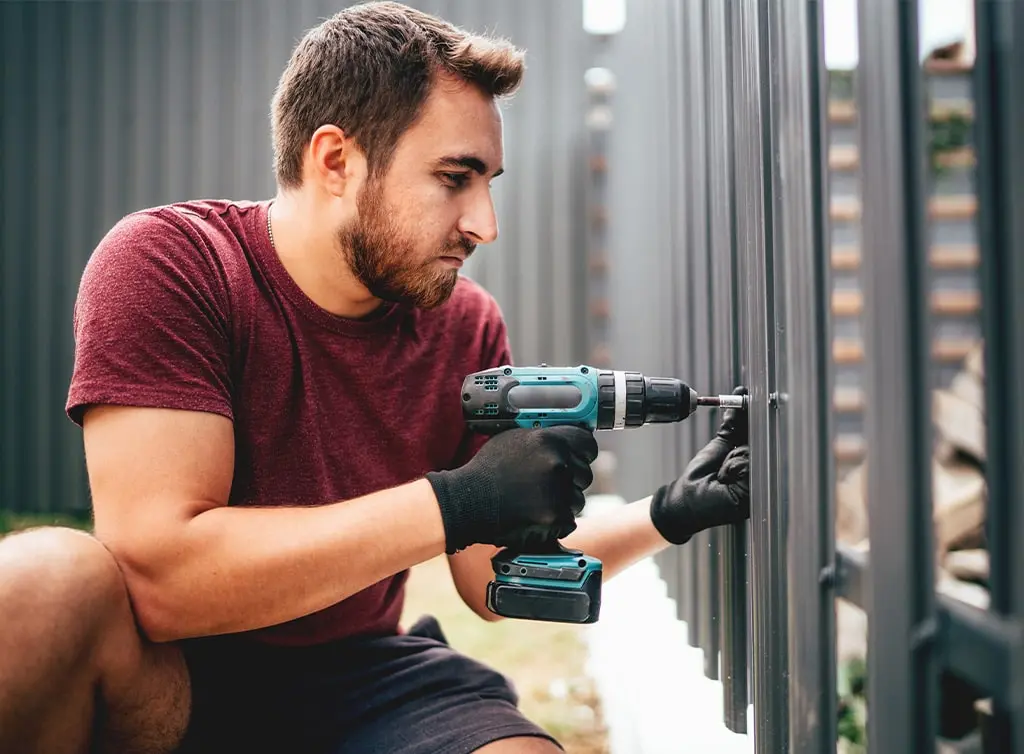
How to become a fence installer in the UK
Becoming a fence installer in the UK is a solid career choice if you enjoy hands-on work and being outdoors.
To help you kick-start your career in fencing, below are the steps to follow…
Get a basic education
Although it’s not a strict requirement to have a formal education to become a fence installer, it helps to have a solid grasp of basic maths and English.
As part of the job, you’ll be doing a lot of measuring and calculating of materials and communicating with clients.
Gain fencing experience
Most fence installers will start their career by learning on the job. A common entry job is being a labourer for an established fencing company.
That way you can learn the ropes of fence installations, handling tools and dealing with clients.
You might also want to consider an apprenticeship or vocational courses in construction or landscape gardening, which often cover fencing as part of their programme.
Obtain qualifications and accreditations
A great way to get ahead in the fencing industry is to get relevant qualifications and accreditations in fencing and related industries.
Some of the qualifications and accreditations to look out for include:
Construction Skills Certification Scheme (CSCS) card
NVQ Level 2 in Fencing (this is the most relevant qualification in the UK and covers practical skills in installing fences)
NVQ Level 2 or 3 in Groundworks or Landscaping
By investing time in formal recognition of your skills, you’re showing potential clients that you take your career seriously and you have the right skills for the job.
Checkatrade members get more for their money
Save money on business essentials with your Checkatrade membership

Get insured
If you’re planning to work as a self-employed fence installer, you’ll need the appropriate insurance, such as public liability insurance.
This will protect you in the event of any accidents or damages.
Invest in the right equipment
Being a fence installer will require certain tools. And we always recommend investing in the highest quality tools you can afford.
High-quality tools will make your job easier and can help you work more efficiently and achieve better results for your clients.
What are the best fencing tools you’ll need?
If you working in the fencing industry, you know how important it is to use best fencing tools for the job. Having the right equipment in your van means the job can be finished quickly. It can also be done to a high standard! In this article, we take a quick look at different fencing tools and their
Consider specialising in specific fencing work
As there are lots of different types of fences out there, you could choose to specialise in specific fencing to become an expert.
By specialising, you can often make yourself more attractive to potential clients who are looking for your expertise.
Get your fencing career off the ground
Find jobs in your local area as a vetted Checkatrade member
Work hard to build a great reputation
When you’re working in a trade, having a strong professional reputation is extremely important to build your business.
Not only are good customer service and quality work great for getting the attention of other potential clients, but they also do wonders for getting repeat business.
Start by doing small fencing jobs and asking happy customers to write you a review – and make sure they’re shown on a public profile.
The impact online reviews can have on your business - Free guide included
Why reviews matter Your customers need to read real reviews to give them confidence that they're making the right decision in choosing a trade professional... and hopefully that expert they choose is you! The customer testimonials your business receives will show that what you say you're good at
Keep up with fencing trends
Customers will often come to you for advice and guidance, so it’s important to stay up-to-date on the latest fence trends and materials.
Here are some ways to keep informed:
Join fencing trade associations
Attend trade shows
Do additional training to keep your skills and knowledge current
There will always be new skills to learn, so keep learning throughout your career as a fencing installer.
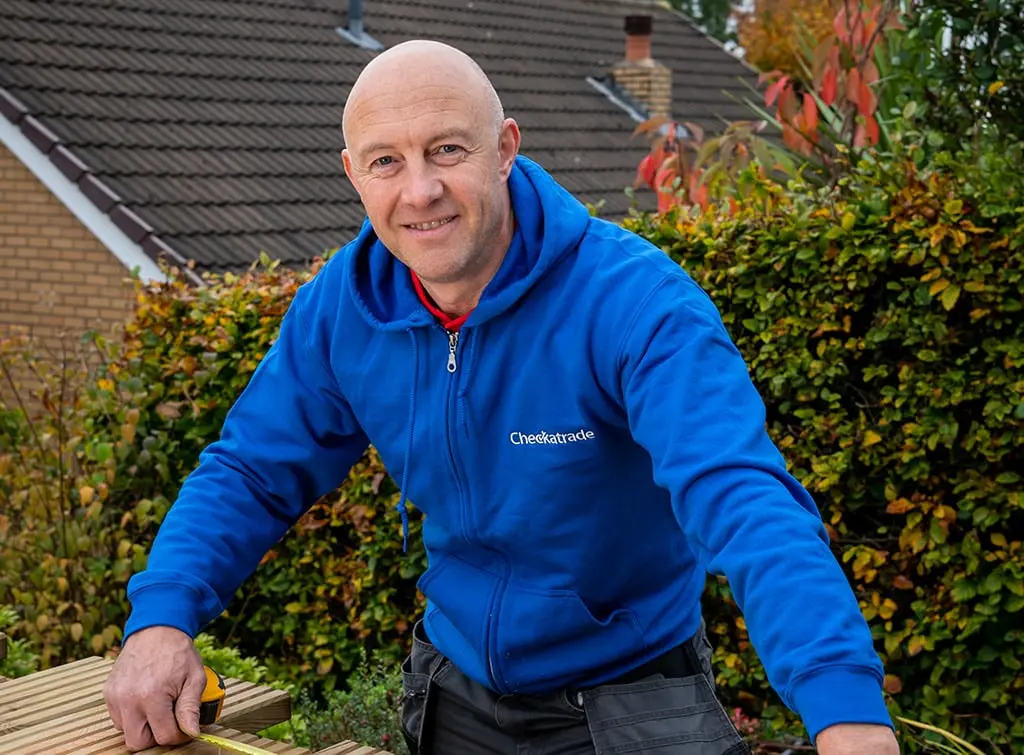
Summary
Fencing contractors are there to work alongside standard fence installers. They may be tradespeople in their own right, but act as a subcontractor specifically for fencing projects.
Knowing how to become a fencing contractor means you’ll still need to deal directly with clients and running the business side of things.
Here’s a summary of the rough process to become a fencing contractor:
Gain solid experience as a fence installer to understand the practical aspects of the job
Learn business skills by taking basic courses in business management, finance, and marketing
Get relevant qualifications, such as NVQ Level 2 or 3 in Fencing to show you have advanced expertise
Register as a business either as a sole trader or a limited company
Build a network of local suppliers, contractors and clients to generate leads and build working partnerships
Promote your business using a professional website, SEO, social media, print marketing, and online directories – like Checkatrade!
Provide excellent customer service to maintain a strong professional reputation for your business
Make sure you have the right insurance, such as public liability insurance, employer’s liability insurance, and professional indemnity insurance
If you’re considering a career as a fence installer, it’s important to understand your earning potential. Find out more about how much you can expect to earn in our guide to fencing contractor earnings.
Checkatrade members get more for their money
Save money on business essentials with your Checkatrade membership

